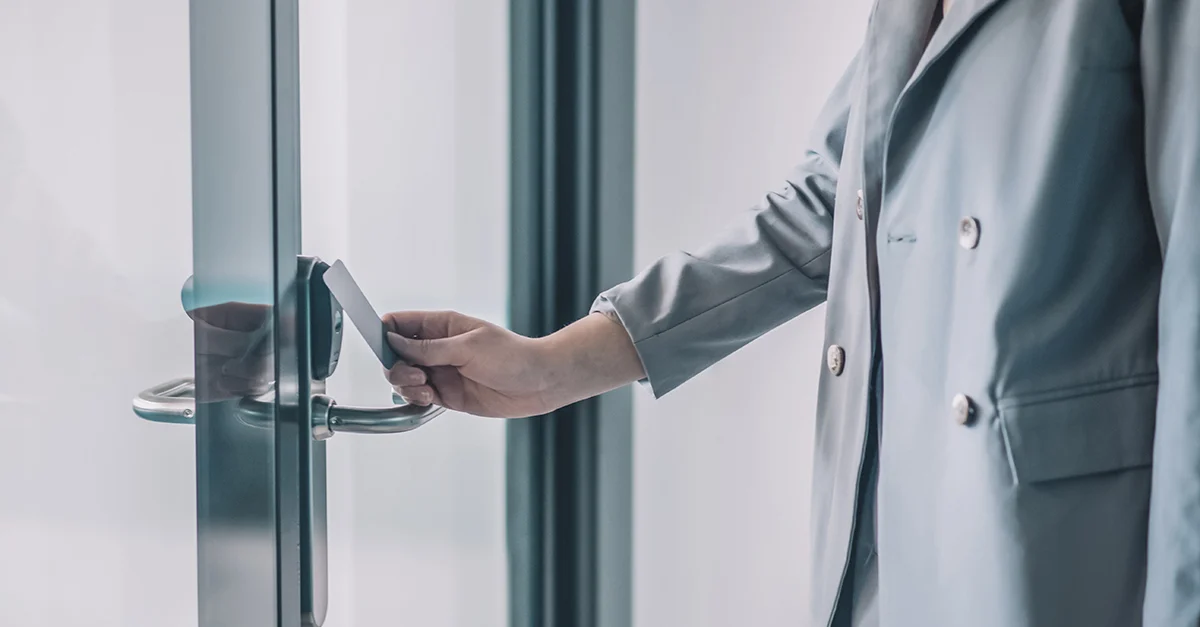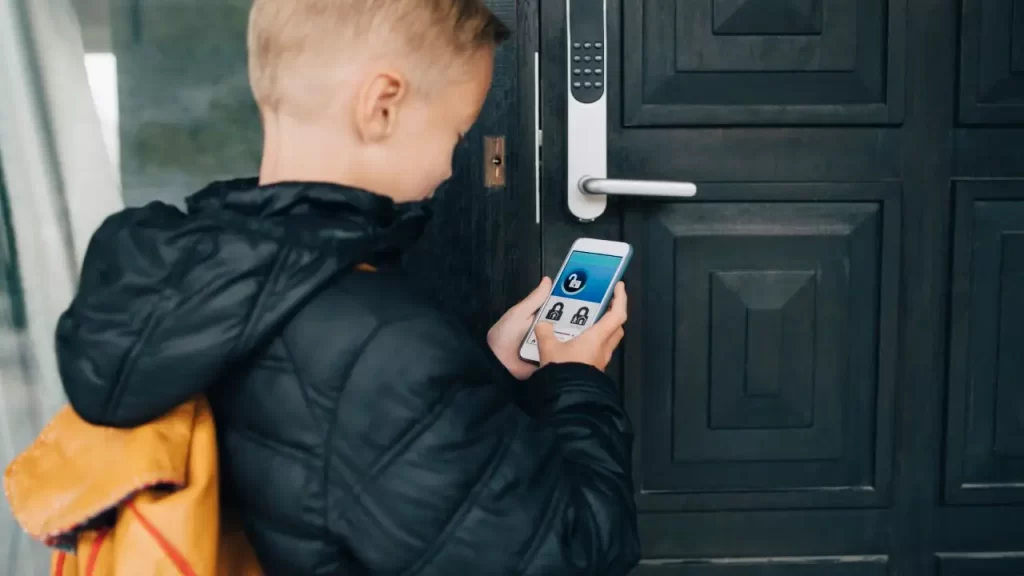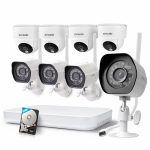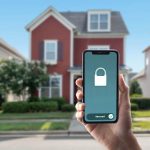I. Introduction
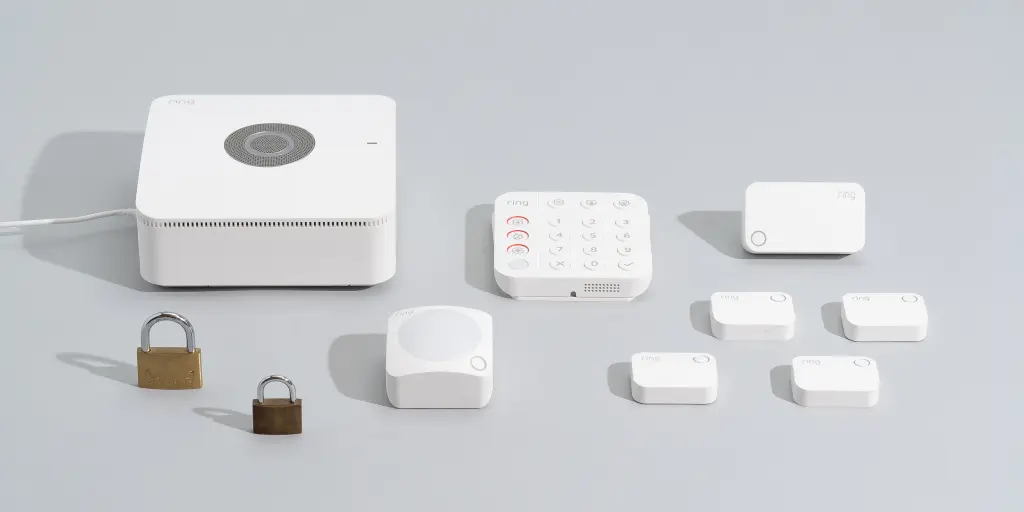
Home is a place where we seek solace, comfort, and protection. It is our haven, where we build our lives, create memories, and nurture our loved ones. However, in an increasingly uncertain world, the importance of home security cannot be overstated. In this blog post, we will delve into the need for a home security system and explore the factors to consider when purchasing one.
II. Understanding the Need for a Home Security System
A. Rising concerns about residential burglaries and break-ins In recent years, residential burglaries and break-ins have become a growing concern for homeowners. Criminals are becoming bolder and more sophisticated, exploiting vulnerabilities in households. Rising crime rates highlight the urgency of implementing effective home security measures.
B. Potential risks and consequences of leaving your home unprotected Leaving your home unprotected can expose you to significant risks and dire consequences. Burglaries not only result in financial losses from stolen valuables but also inflict emotional trauma on victims. The threat of physical harm or injury is also a possibility, making home security paramount for personal safety and peace of mind.
III. Factors to Consider when Purchasing a Home Security System
A. Assessing your specific security needs
- Type of property (house, apartment, condominium) The type of property you reside in plays a crucial role in choosing the appropriate home security system. Houses may require more extensive coverage, including outdoor security cameras and robust alarm systems, while apartments or condominiums may benefit from wireless security systems.
- Budget constraints While ensuring the safety of your home is invaluable, it is essential to consider your budget when purchasing a home security system. Numerous options exist at varying price points, allowing homeowners to find a suitable solution that meets their financial limitations without compromising safety.
- Geographic location and crime rates The security requirements of your home may vary depending on your geographic location and local crime rates. Areas with higher crime rates may necessitate a more advanced security system to provide optimal protection.
B. Different types of home security systems
- Traditional alarm systems Traditional alarm systems, connected to sensors placed on doors and windows, have long been a popular choice. They emit loud, attention-grabbing noises when triggered, alerting homeowners and deterring potential burglars.
- Wireless systems Wireless security systems have gained popularity due to their flexibility and ease of installation. These systems use wi-fi or cellular networks to transmit alarm signals, eliminating the need for complex wiring.
- Smart home security systems Leveraging the power of modern technology, smart home security systems empower homeowners with advanced features. These systems allow remote access and control through smartphones or tablets, enabling real-time monitoring and instant notifications.
C. Features to look for in a home security system
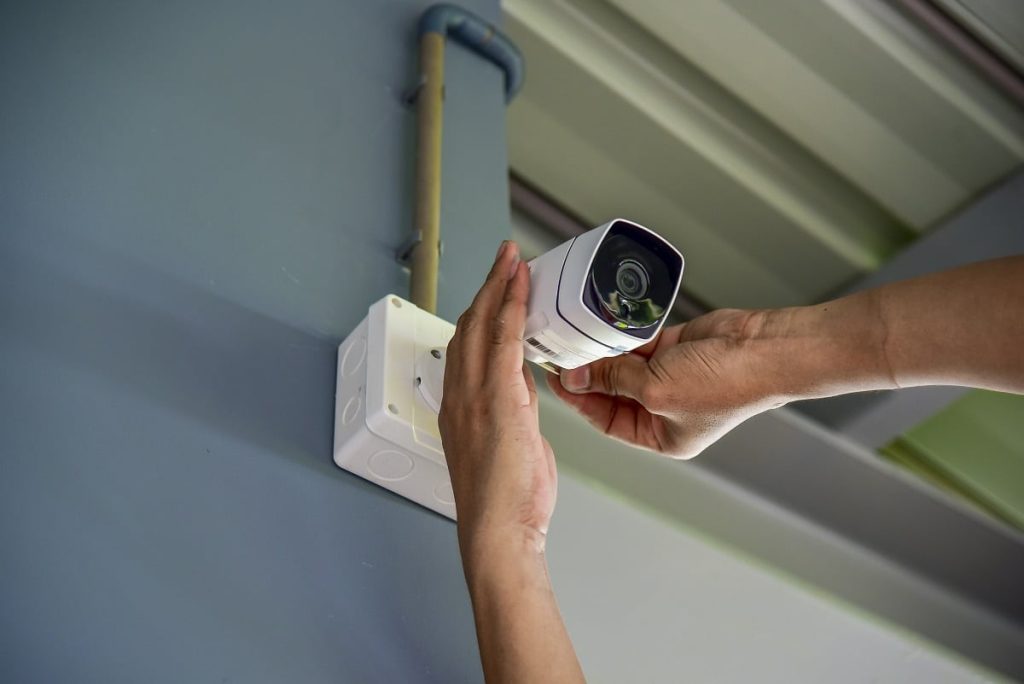
- 24/7 professional monitoring A reliable home security system should include 24/7 professional monitoring services. Trained security professionals constantly monitor your home, alerting emergency services whenever necessary.
- Video surveillance and doorbell cameras Video surveillance and doorbell cameras offer a visual deterrent to potential intruders and provide homeowners with valuable evidence in case of a break-in. These features also allow remote monitoring, ensuring that you can keep an eye on your property even when away.
- Remote access and control The ability to remotely access and control your home security system through mobile devices grants homeowners complete peace of mind. From arming and disarming the system to receiving real-time alerts, remote control offers convenience and enhances security.
- Environmental monitoring (fire, carbon monoxide detection) Comprehensive home security systems should incorporate environmental monitoring, ensuring protection against threats beyond burglaries. Early detection of fire or carbon monoxide provides an additional layer of safety for your home and loved ones.
IV. The Benefits of Owning a Home Security System
A. Deterrence of potential intruders
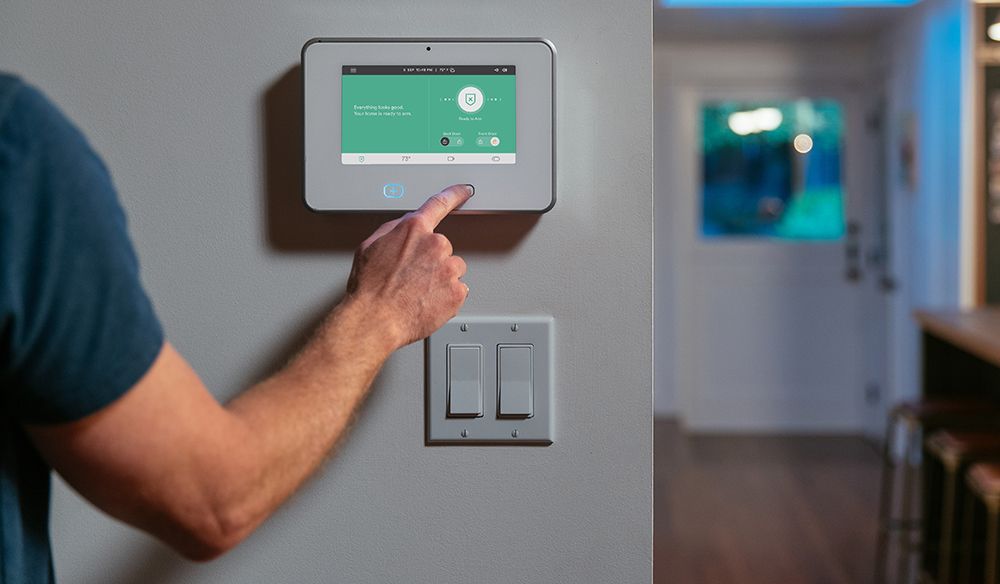
- The presence of a visible home security system acts as a deterrent to potential intruders.
- The mere sight of security cameras, alarm system signs, and window stickers can make burglars think twice before targeting your home.
- Studies have shown that homes with security systems are less likely to be burglarized compared to those without.
B. Prompt emergency response and police notification
- Home security systems often come with 24/7 professional monitoring services.
- In the event of a security breach or emergency, the monitoring center is alerted immediately.
- The monitoring center can contact the appropriate authorities, such as the police or fire department, ensuring a prompt response to any threats or emergencies.
C. Peace of mind and sense of security
- Having a home security system provides homeowners with a sense of peace and security.
- Knowing that their property, belongings, and loved ones are protected, homeowners can feel more at ease.
- This peace of mind allows homeowners to focus on other aspects of their lives without constantly worrying about the security of their home.
- Many insurance companies offer discounts on home insurance premiums for houses equipped with security systems.
- By investing in a home security system, homeowners can potentially save money on their insurance premiums.
- The savings made over time can offset the initial cost of the security system itself.
V. Installation and Maintenance of a Home Security System
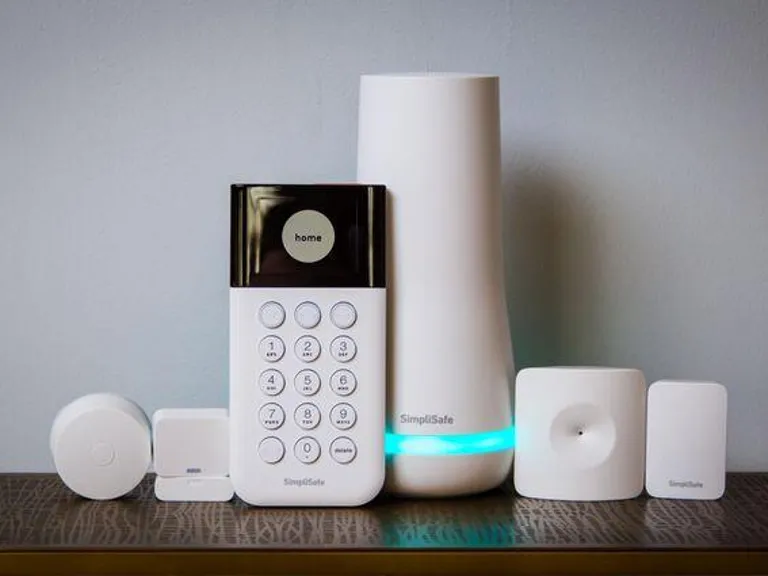
A. Professional installation vs. DIY options
- Homeowners can choose between professional installation or DIY installation for their home security system.
- Professional installation ensures that the system is properly set up and integrated with other security components.
- DIY installation offers flexibility and cost savings but may require technical know-how and troubleshooting.
B. Regular maintenance and system updates
- Regular maintenance is essential to ensure the continued effectiveness of a home security system.
- This includes testing the functionality of security devices, replacing batteries, and cleaning cameras and sensors.
- System updates, including firmware updates, should be performed regularly to keep the system up to date with the latest security features and patches.
C. Integration with existing home automation systems
- Home security systems can be integrated with existing home automation systems for enhanced convenience and control.
- Integration allows homeowners to control security features, such as arming and disarming the system, from their smartphones or other connected devices.
- It also enables automation of tasks such as turning on lights or adjusting thermostats, creating the illusion of an occupied home even when residents are away.
Conclusion
In conclusion, investing in a home security system offers numerous benefits, including deterring potential intruders, enabling prompt emergency response, providing peace of mind, and potentially lowering home insurance premiums. Homeowners must consider the installation and maintenance options available, as well as explore additional security measures such as strong locks, exterior lighting, and participation in neighborhood watch programs. By building a security-conscious mindset and implementing appropriate security measures, homeowners can further enhance the safety of their homes and protect their loved ones.
